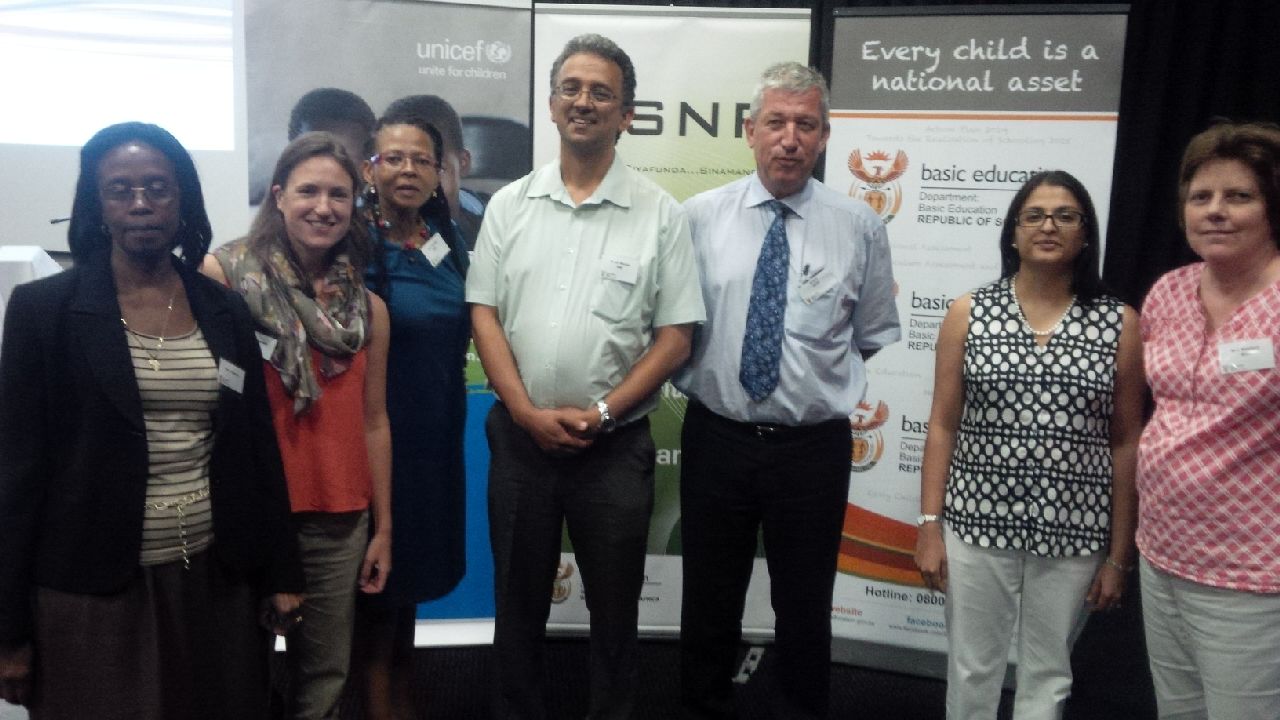The Government of South Africa’s new national deworming programme will deworm 7 million primary school children by the end of 2015 was one of the key outcomes of a recent meeting in Boksburg, South Africa.
This announcement was made at a special meeting of school health and nutrition experts convened to inform the implementation and roll of a national deworming programme. The deworming programme is part of a comprehensive approach to improving the health and education of the South Africa’s school children as laid out by the country's
Integrated School Health Programme and is linked with the
National School Nutrition Programme.
 |
The announcement was made by Deputy Director-General for Social Mobilisation and Support Services, Dr Granville Whittle, who identified the damage that infections of soil transmitted helminths such as roundworm, whipworm and hookworm where having on the country's school children.
“Deworming all primary school children in South Africa is the right thing to do.”
Dr Whittle added that the programme would only be feasible if the private sector, civil society and education stakeholders come on board to assist Government in providing health services to children. A budget of R30 million has already been made available to primary school learners.
|
| SHN experts convene to discuss integrating deworming into national SHN programmes (Image: Laura Appleby) | |
Speaking at the event
Dr Laura Appleby, from the
Partnership for Child Development, Imperial College London, said, “The evidence shows that school –based deworming, is safe, effective and one of the most cost effective ways to improve the health and education of school aged children. This national programme is fantastic news for the health South Africa’s children.”
The UNICEF funded meeting was attended by officials from the Departments of Basic Education, Health, Social Development and development partners, international NGOs and research / academic institutions.

